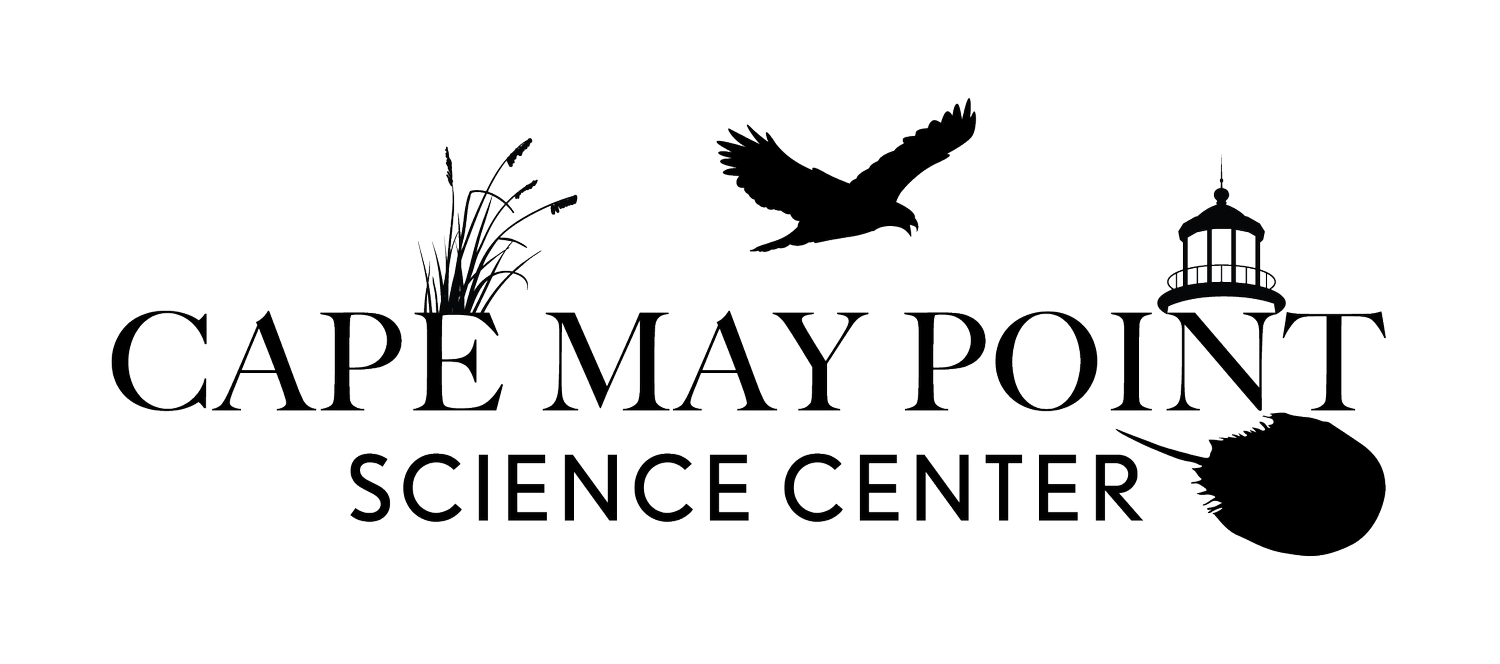Science Center Projects
Red-Tailed Hawks
Red-tailed Hawks are among the most fearless hunters of small mammals and rodents. They migrate in large numbers through Cape May each fall, but little is known about their movements and where they go after leaving Cape May. This new study at the Science Center will provide crucial and groundbreaking information on these hawks as they travel the Atlantic Flyway.
Funded thanks to a generous donation from Bob & Loretta Pickus, and conducted in collaboration with Conservation Science Global, Cape May Raptor Banding Project, and Cellular Tracking Technologies.
Raptor Tracking
The Raptor tracking project aims to better understand the stopover behavior of raptors and to inform the conservation of critical migratory bird habitat in southern New Jersey. This project seeks to answer two questions:
1 . What areas of southern New Jersey are used by raptors during migration and stopover?
2. How long do raptors spend in southern New Jersey during stopover?
Funded thanks to a generous donation from our first-ever Environmental Advocate Award recipients, David and Christina Clemans, and conducted in collaboration with Conservation Science Global, Cape May Raptor Banding Project, and Cellular Tracking Technologies.
Dolphin Study
Using artificial intelligence (AI) technology, dolphins will be identified by their dorsal fins and recorded in a database that tracks mammal's local and migratory populations. The project will support research into the impacts of Climate Change on the health of the Dolphin population, which is of critical concern.
This partnership will also allow us to embark on a new major study of dolphin and marine mammal life by placing an Acoustic Buoy in the Atlantic Ocean to record migratory sounds and interactions.
Funded thanks to a generous donation from Tom & Sue Carroll, and conducted in collaboration with the Cape May Whale Watch & Research Center and The Whale and Dolphin Research Center of Cape May.
Atlantic Cape Partnership
Satellite programs and scholarship funding for Atlantic Cape Community College students are underway! The Science Center will serve as a field location for science and environmental study courses, allowing the next generation to learn directly from nature. Proceeds from events and tours provide scholarship funding for local students.
Horseshoe Crab Migration
Groundbreaking technology tracks horseshoe crabs along their migration in the Delaware Bay and Atlantic Ocean. The real time tracking data will be on display in a Cape May Point Science Center exhibit.
Funded thanks to a generous donation from Rob and Wendy Wilson and conducted in partnership with the American Littoral Society, Cellular Tracking Technologies, and Conservation Science Global.
Interested in funding a project at the Cape May Point Science Center?
Contact us below to start the conversation!





